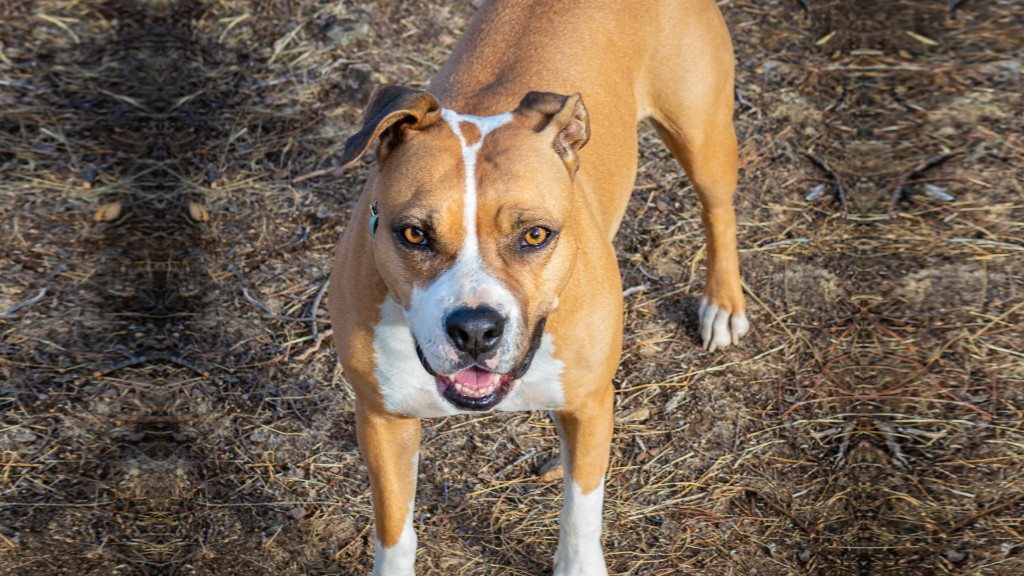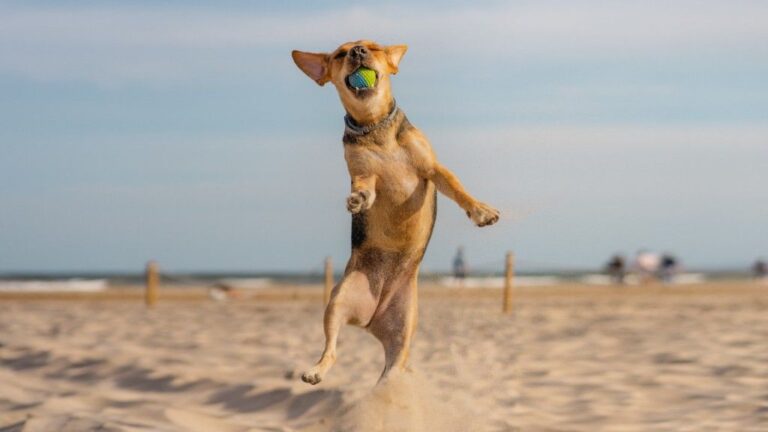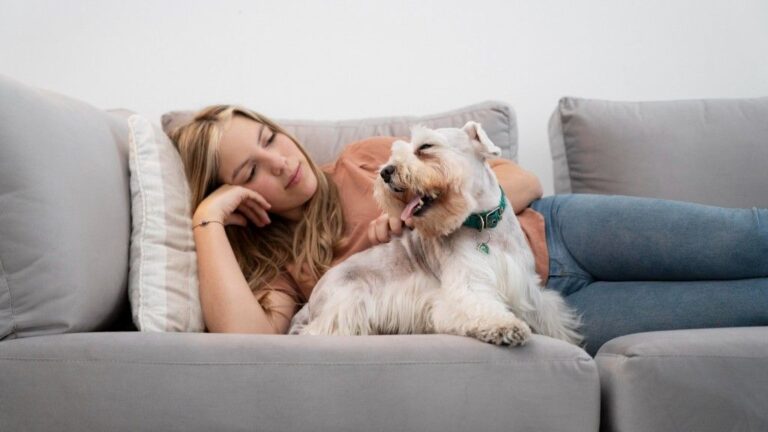Different Pitbull Breeds Explained: Strength, Looks & Loyalty – 7 Different Pitbull Breeds Explained: Strength, Looks & Loyalty
Pitbull-type dogs are among the most misunderstood breeds in the world. Often mislabeled as aggressive, these dogs are actually defined by their strength, striking looks, and deep loyalty to their families. The term “Pitbull” isn’t a single breed—it’s an umbrella category that includes several distinct breeds, each with its own history, traits, and temperament.
Despite their tough exterior, well-bred and properly socialized Pitbulls are affectionate, intelligent, and eager to please. Whether as family companions, working dogs, or athletes, they thrive when given love, structure, and purpose.
Let’s explore seven different Pitbull breeds (and related types) to better understand their unique qualities—beyond the stereotypes.
Table of Contents
7 Different Pitbull Breeds Explained
1. American Pit Bull Terrier
Origin: United States (descended from British bull-and-terrier dogs)
Appearance: Lean, muscular, and athletic with a short coat, broad head, and powerful jaw. Colors include black, blue, brindle, red, and fawn.
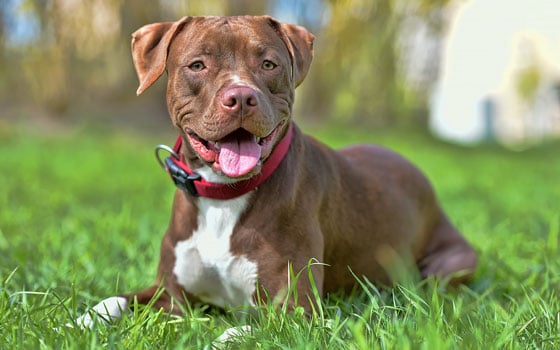
Temperament: Confident, energetic, and people-oriented. APBTs are highly intelligent, playful, and deeply loyal to their families. They thrive on human interaction and excel in dog sports.
Ideal Home: Active households with experienced owners who can provide firm, positive training and plenty of exercise. Not ideal for first-time owners or homes with small pets (due to high prey drive).
Also Read: 7 Instinctive Hunting Dogs Perfect for Outdoor Adventures
Training & Care: Needs early socialization, consistent leadership, and daily physical/mental stimulation. Low grooming needs—weekly brushing suffices.
2. American Staffordshire Terrier
Origin: United States (developed from the APBT for show and companionship)
Appearance: Stockier than the APBT, with a broader head and more muscular build. Short coat in various colors, including brindle, blue, and white.
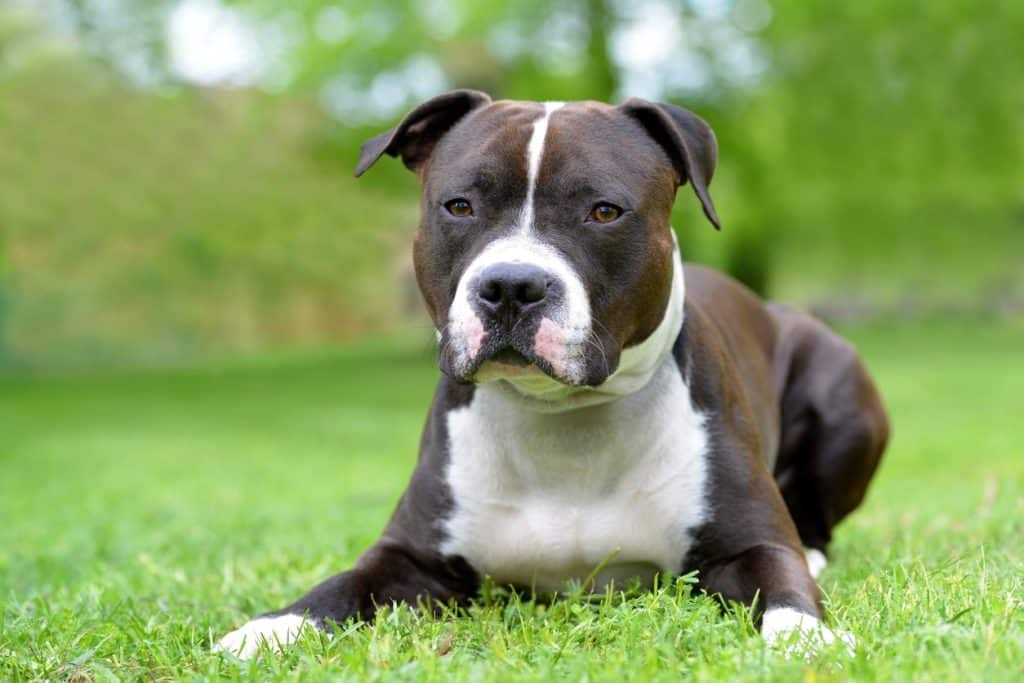
Temperament: Courageous, affectionate, and good-natured. AmStaffs are known for their love of people, including children, making them excellent family dogs when properly trained.
Ideal Home: Best for families or individuals who can provide structure, socialization, and moderate exercise. They do well in homes with yards but can adapt to apartments with enough activity.
Training & Care: Responds well to reward-based training. Requires regular exercise (walks, playtime) and minimal grooming.
3. Staffordshire Bull Terrier
Origin: England (bred for bull-baiting, later as a companion)
Appearance: Compact, muscular, and short-coated with a wide smile and expressive eyes. Comes in red, fawn, white, black, or brindle.
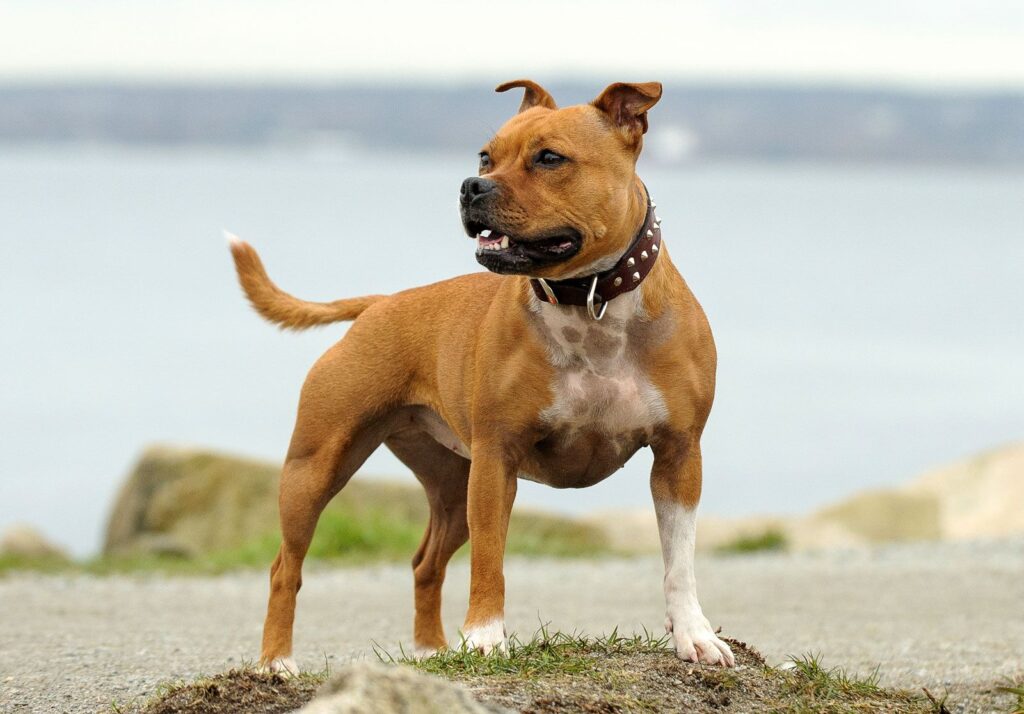
Temperament: Nicknamed the “nanny dog” for their gentle nature with kids. Staffies are playful, affectionate, and highly social. They love being around people and crave attention.
Ideal Home: Great for families, singles, or seniors who want a small but sturdy companion. They adapt well to city living if exercised properly.
Training & Care: Easy to train but can be stubborn—positive reinforcement works best. Minimal grooming, but prone to weight gain, so diet and exercise are key.
4. American Bully
Origin: United States (recently developed as a companion breed)
Appearance: Heavy-boned, wide-chested, and muscular with a short coat. Comes in “Pocket,” “Standard,” “XL,” and “Classic” sizes. Colors range from solid to exotic patterns.
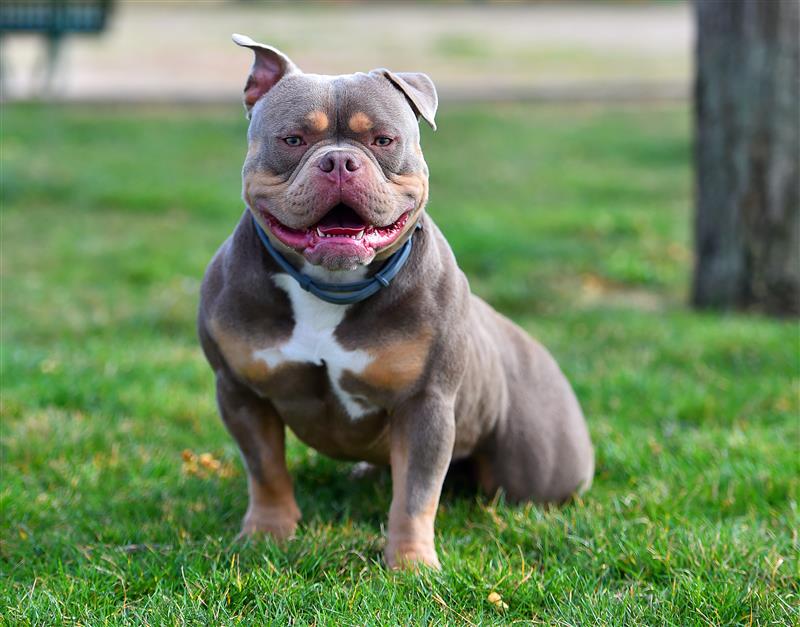
Temperament: Despite their imposing look, American Bullies are gentle, friendly, and eager to please. They’re less energetic than APBTs and enjoy lounging with their owners.
Also Read: 7 Dog Breeds That Are Tough to Train but Worth the Effort
Ideal Home: Perfect for families or first-time Pitbull owners due to their calm demeanor. They do well in most living situations as long as they get moderate exercise.
Training & Care: Requires basic obedience training and socialization. Low grooming needs but prone to joint issues—monitor weight and exercise.
5. Bull Terrier
Origin: England (originally bred for fighting, later refined as a companion)
Appearance: Distinctive egg-shaped head, muscular body, and short coat. Colors include white, brindle, black, and tri-color.
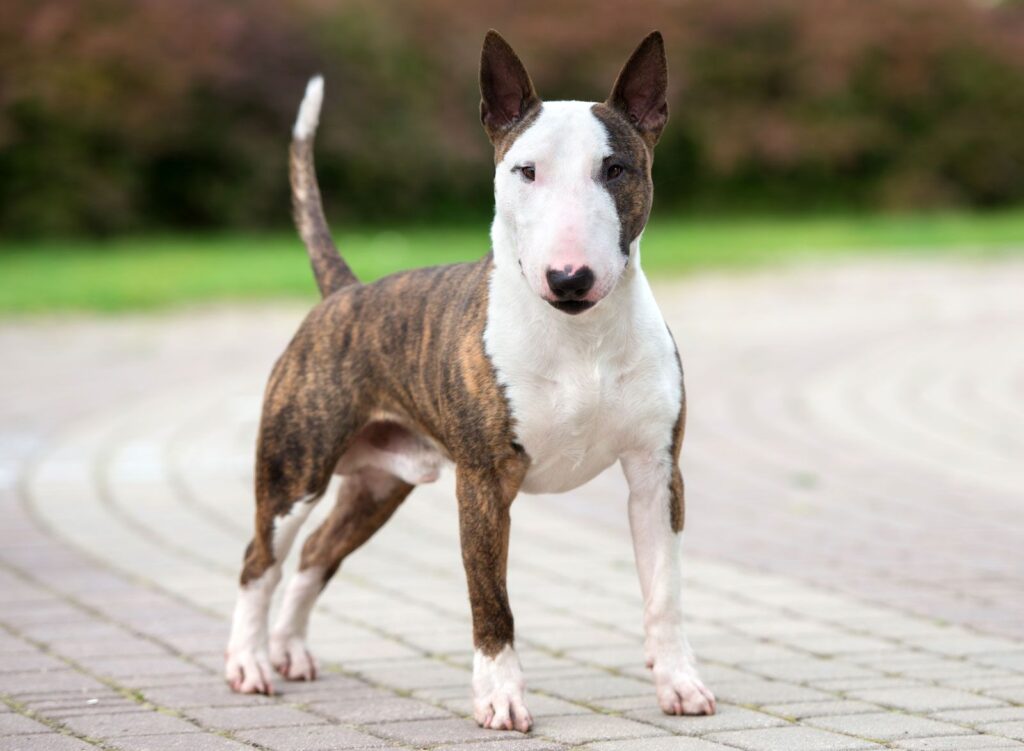
Temperament: Playful, clownish, and full of personality. Bull Terriers are loyal but can be stubborn—they need an owner who enjoys their spirited nature.
Ideal Home: Best for active, patient owners who appreciate their quirky energy. Not ideal for homes with small pets (high prey drive).
Training & Care: Needs firm, consistent training and plenty of playtime. Minimal grooming, but prone to skin allergies—regular vet checks help.
6. American Bulldog
Origin: United States (descended from working farm dogs)
Appearance: Large, muscular, and athletic with a short coat. Two types—Johnson (bulkier) and Scott (leaner). Colors include white, brindle, and patches.
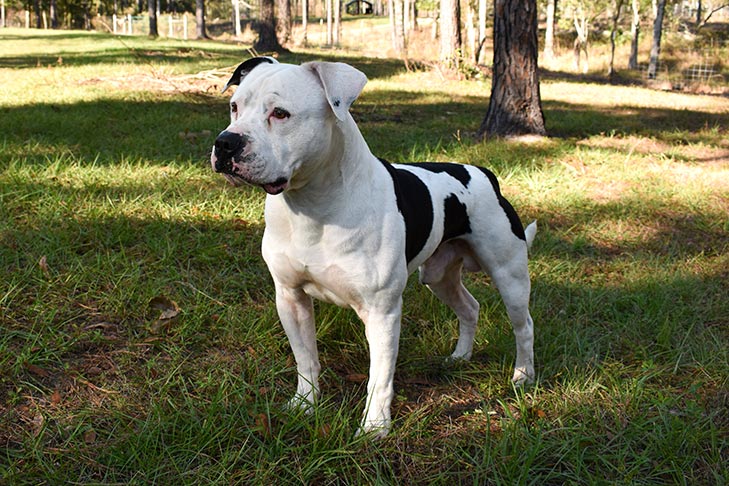
Temperament: Confident, protective, and loyal. American Bulldogs are hardworking but affectionate with their families. They need strong leadership.
Ideal Home: Best for experienced owners with space for them to run. Not ideal for apartments unless heavily exercised.
Training & Care: Early socialization is crucial. Moderate grooming, but prone to hip dysplasia—keep weight managed.
7. Dogo Argentino
Origin: Argentina (bred for big-game hunting)
Appearance: Pure white, muscular, and powerful with a short coat and strong jaws.
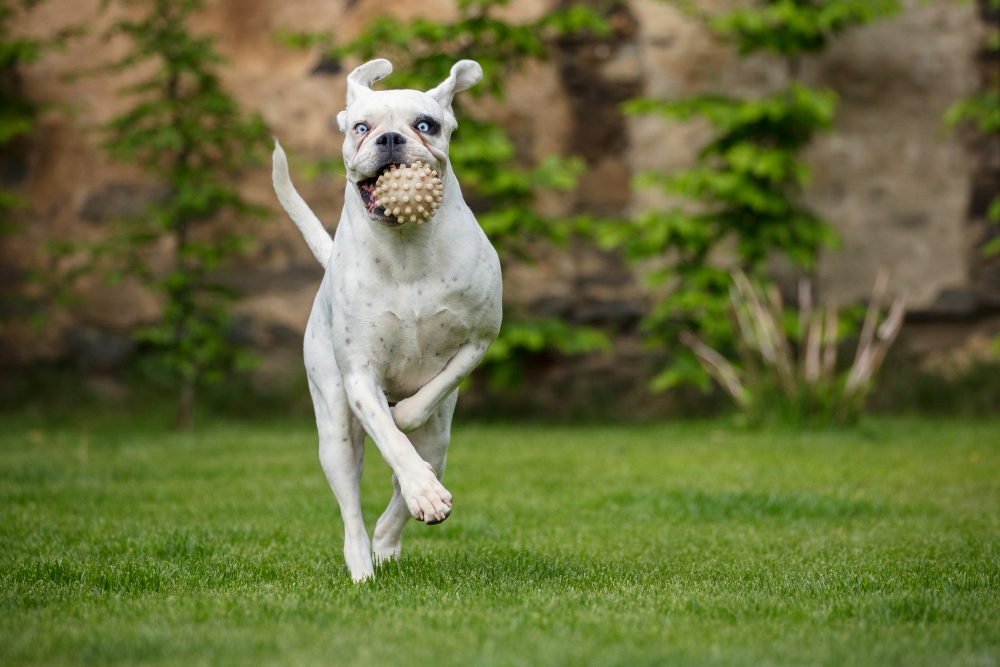
Temperament: Fearless yet gentle with family. Dogos are highly trainable but need a confident handler. They bond deeply with owners.
Also Read: 5 Types of Collies That Shine with Elegance and Loyalty
Ideal Home: Only for experienced owners who can provide rigorous training, exercise, and socialization. Not for novice dog owners.
Training & Care: Needs extensive socialization and a job to do. Minimal grooming but sensitive to sunburn (use dog-safe sunscreen).
Beyond the Stereotypes: The True Nature of Pitbulls
Pitbull-type dogs are as diverse as they are devoted. From the agile APBT to the gentle American Bully, each breed has unique strengths—and all thrive with love, training, and responsible ownership.
If you’re considering a Pitbull, research breed traits carefully and commit to proper socialization. These dogs don’t just deserve good homes—they reward them with unwavering loyalty and heartwarming affection.
Have a favorite Pitbull breed? Share your experiences in the comments! Let’s celebrate these incredible dogs for who they truly are.

